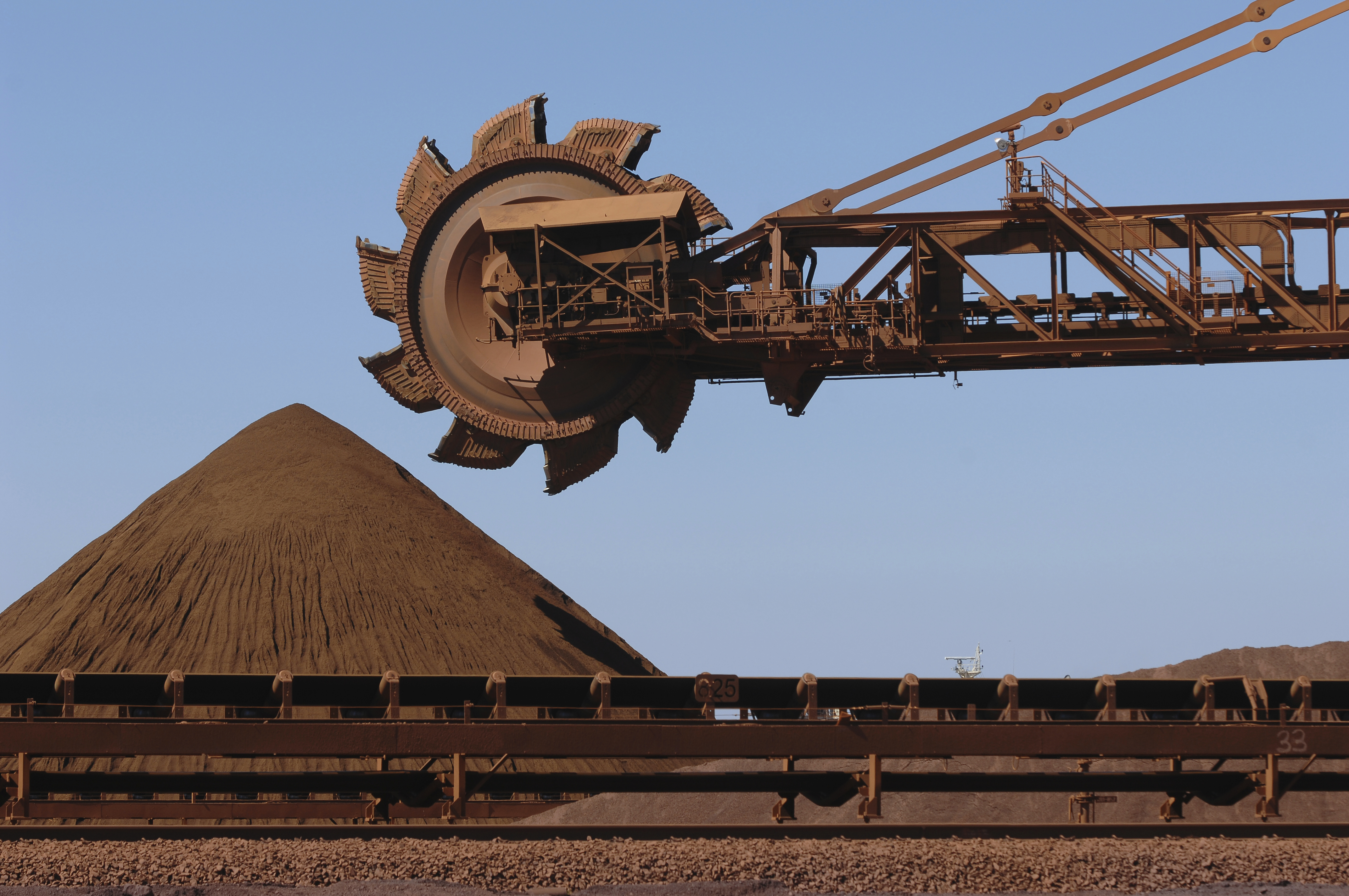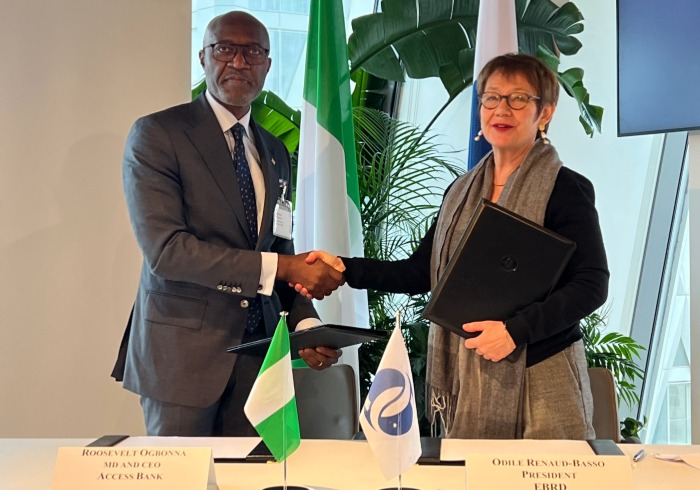Iron ore producer BHP Billiton has completed its first trade financed iron ore sale, through RBS and Westpac, using an electronic bill of lading to speed the process.
The iron ore was shipped from Australia to China and was one of six similar deliveries shipped in a two-week period, for which all documents related to the letter of credit were presented electronically using a system designed by Electronic Shipping Solutions (ESS).
The electronic bill of lading was drafted by BHP Billiton in Shanghai – eliminating the need for separate document instructions, ESS outlines – and then approved, signed and issued on behalf of shipping company Minerva Marine by Wilhelmsen Ships Services in Port Hedland, Australia.
BHP Billiton then created original peripheral documents within ESS’s system that were then presented electronically to RBS under a letter of credit. Once accepted, the documents were sent to Westpac, after which they were forwarded to the buyers, Cargill.
The major difference with conventional methods is the time taken. It took one hour to draft, approve and send the bill of lading and other documents to the confirming bank, RBS. These were sent to the issuing bank, Westpac, on the next working day and to the buyer, Cargill, on the fourth day.
“The documents are handled electronically with the full cooperation of all parties. This significantly reduced the physical handling of documents by customs, terminal and surveyors saving as much as seven to ten days,” Philip Michell, regional manager trade sales Asia for Westpac, tells GTR.
In total, both banks went from an oral agreement to the live shipment in fewer than 16 weeks.
This was both RBS’s and Westpac’s first use of this particular system but Michell found the results encouraging. He comments: “E-documentation is a smarter way of conducting business – delivering greater efficiency and speed in processing transactions across geographies. We are looking to significantly increase the number of transactions that are processed electronically.”
Yannis Giannopulos, operations manager for Minerva Marine, agrees: “We do believe that a move from the traditional paper bill of lading to a secure electronic format is the future of shipping documentation, having numerous advantages for the industry.”







